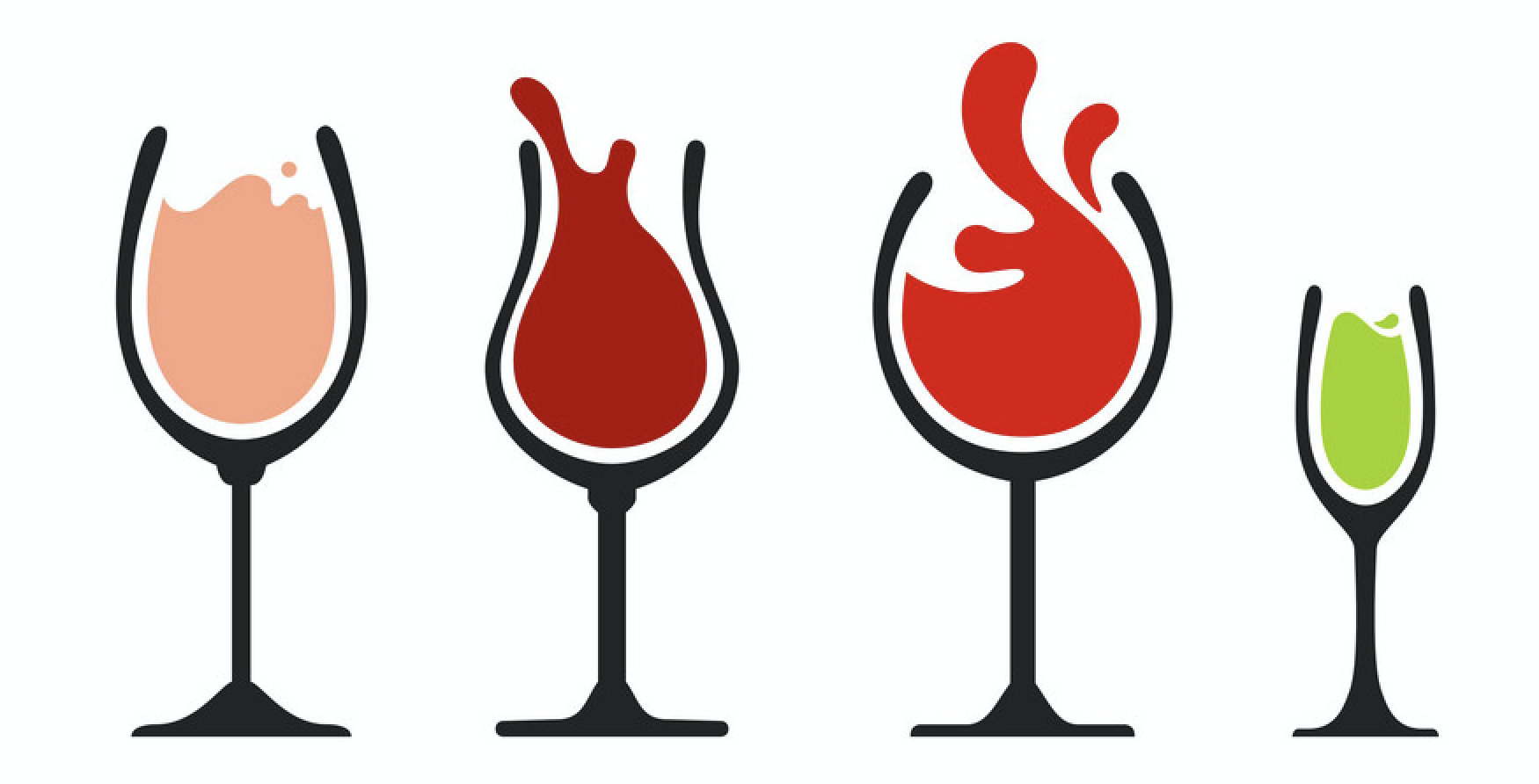This week I’m focusing on wines that are Sustainable In Practice (SIP) Certified. According to the non-profit organization, SIP Certified is a rigorous sustainable vineyard and winery certification. To be certified a vineyard or winery must be committed to “standards based on science and expert input, independent verification, transparency, and absence of conflict of interest.”
The rigorousness of the program has earned it the reputation of being the gold standard for sustainable certification. Let’s learn a bit more…

History: SIP Certified evolved from the innovation of a non-profit dedicated to sustainability since 1994. In 1996, the developers of SIP Certified pioneered the Positive Points System (PPS) – the first self-assessment for vineyards utilizing a whole farm, integrated approach to vineyard management. Since its inception, over 1,000 evaluations representing 60,000 acres were collected. The PPS helped educate and guide hundreds of growers towards adopting practices that protect both human and natural resources.
In 2002, industry leaders discussed the possible shift from self-assessment to third-party certification that would be meaningful, measurable, and verifiable. A year later, technical stakeholders began developing the Standards (farming rules) and the vineyard program piloted in 2008. Because sustainable winemaking does not stop in the vineyard, a program for wineries was piloted in 2016.
How it Works: Applicants can choose to certify their vineyard or winery or both by implementing the rules covered in the Standards. The Standards include both Requirements and Management Enhancements. In order to be eligible for certification, applicants must meet all Requirements plus a minimum of 50% of the applicable Management Enhancement points. Practices are verified annually by a third-party inspector and blinded inspection reports are reviewed by the Certification Advisory Committee to determine eligibility.
Wines can carry the SIP Certified seal on their packaging when they are made with at least 85% SIP Certified fruit as verified by an inspection. Participants with both certified vineyards and wineries can use the SIP Certified Vineyard & Winery seal.
SIP Certified goes beyond the USDA Organic process because organic only addresses prohibiting synthetic pesticides and fertilizers without considering other resource concerns. While you’ll find organic wines that are also SIP Certified, the SIP Certified process addresses additional farming methods, looking at sustainable practices on every level, from farm labor to agriculture – from energy conservation to water quality.
SIP Certified Wines: There are over 3 million cases of SIP Certified wines produced each year. Let’s start with these….(Links become live as reviews are posted.)
Tangent Wines 2015 Paragon Vineyard Albariño
Wrath Wines 2015 Ex Vite Pinot Noir
Chamisal Vineyards 2015 Chardonnay
Pomar Junction Vineyard 2013 Estate Syrah
Riverbench 2014 Blanc de Noirs

